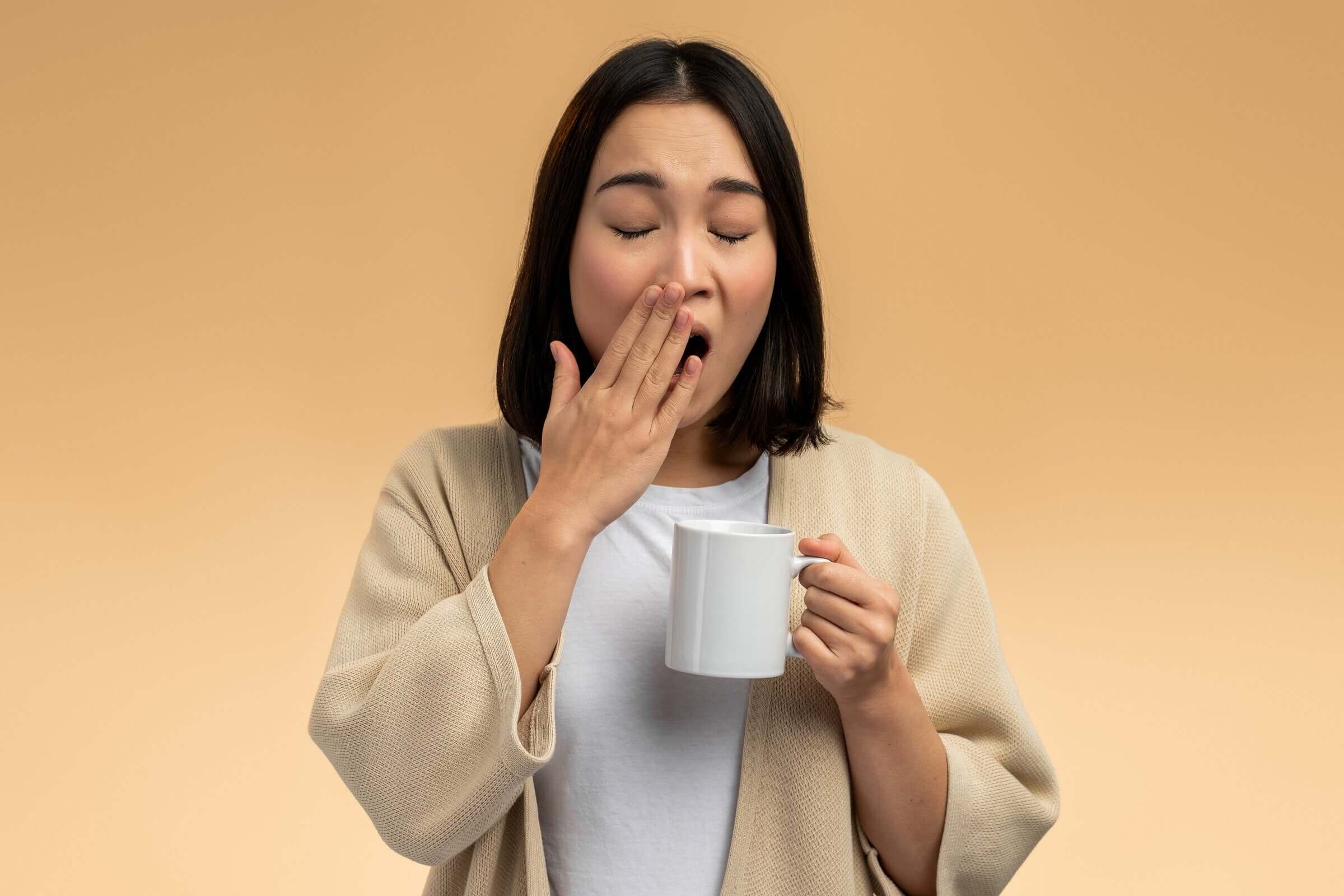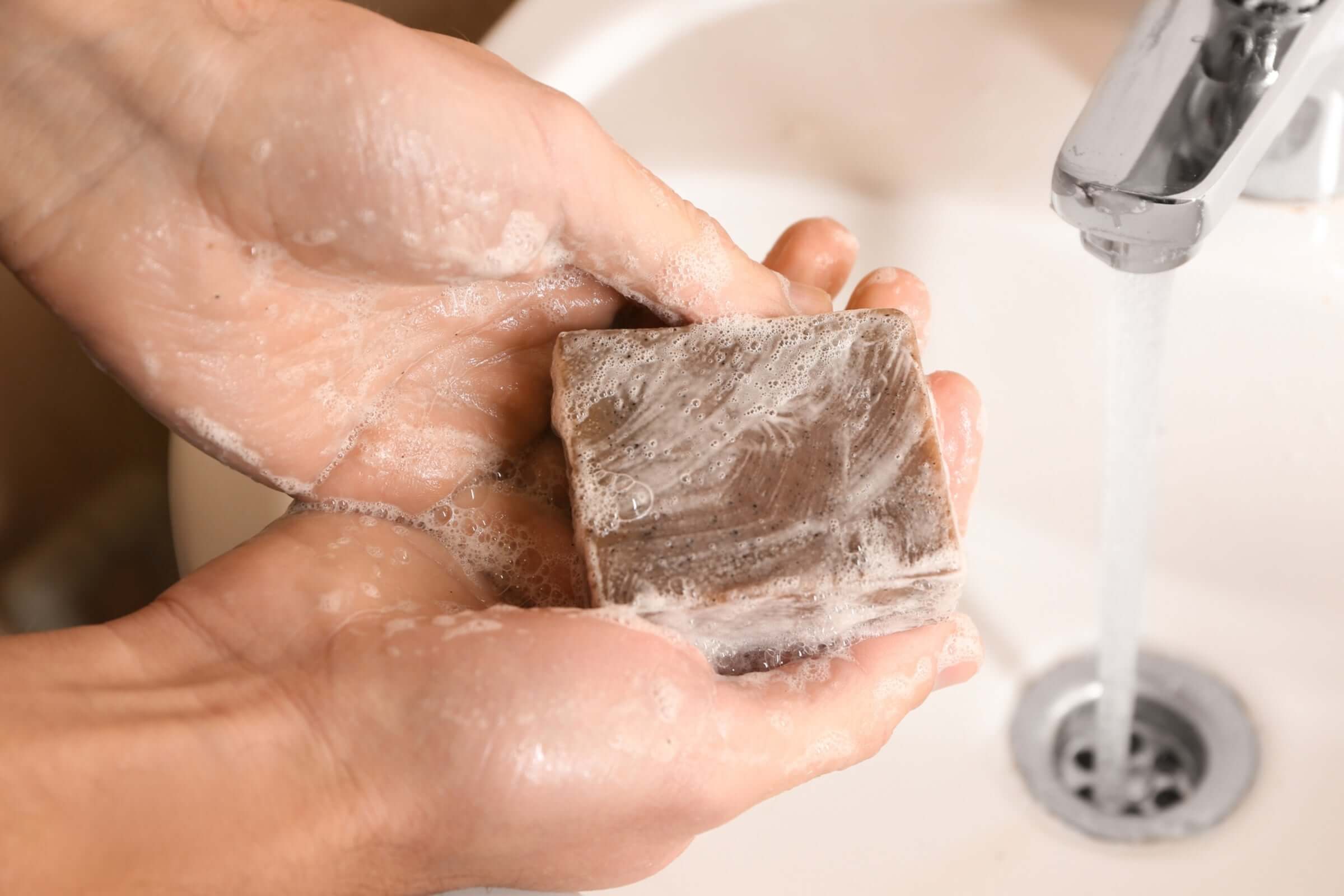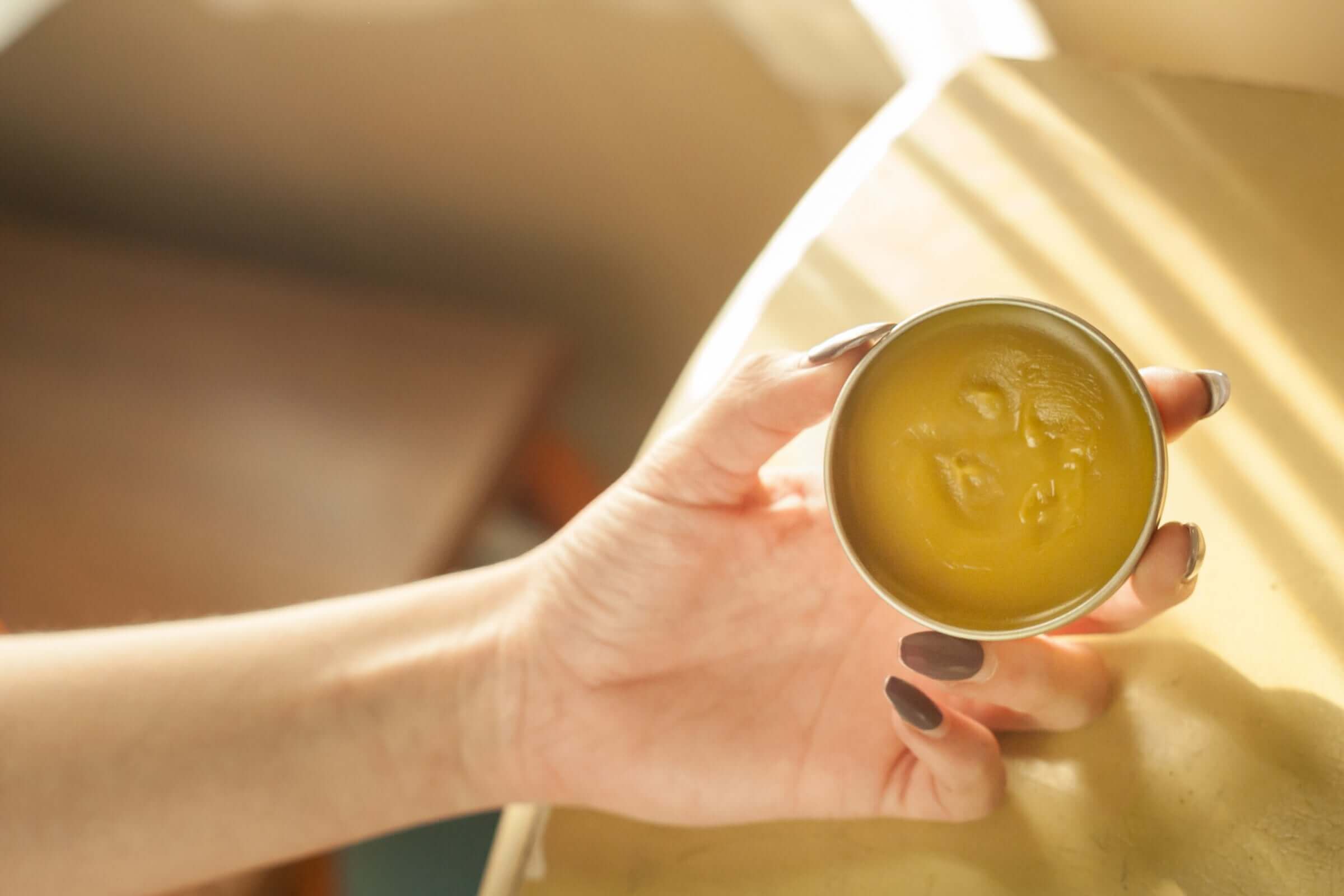Unlock CBD's Sleep Secrets: Do CBD topicals make you sleepy?

Not catching enough Z's has a tendency to cozy up with chronic diseases like type 2 diabetes, heart disease, obesity, and depression, all of which pose significant threats to overall health. According to the CDC, it seems like a third of adults in the US are treating sleep as the elusive unicorn of their lives - always just out of reach. It is, therefore, no surprise that the realm of CBD products has recently experienced a surge in popularity. Users have been quick to highlight a diverse array of benefits, including its potential to aid in sleep improvement.
Amid the plethora of available CBD products geared towards enhancing sleep, including supplements and gummies, one frequently asked question revolves around whether CBD topicals like CBD lotions and CBD soaps, have the potential to cause drowsiness similar to their ingestible counterparts.
We get it - CBD is still relatively unfamiliar territory for many, and without a wealth of conclusive research, placing trust in it can be a bit of a challenge. If you find yourself somewhat cautious about ingesting CBD and are seeking a safer method of delivery but are curious whether that CBD soap can induce sleepiness, then you've landed on the right blog.
What is CBD?
Before we explore the impact of CBD on sleep, it's essential to grasp the fundamentals. CBD is a non-psychoactive compound found in the cannabis plant. It interacts with the endocannabinoid system in our bodies, which plays a crucial role in maintaining balance and regulating various bodily functions, including sleep.
Understanding the Endocannabinoid (ECS) System and Its Impact On Sleep
To truly grasp the connection between CBD and sleep, it's crucial to acquaint ourselves with the enigmatic endocannabinoid system (ECS). Don't be fooled by the mouthful—this system is your body's very own cannabis command center, and it holds the key to how CBD might influence your nightly rendezvous with the Sandman.
In an article published by Forbes.com on CBD for sleep, it was noted that Dr. Chantel Strachan M.D., a board-certified internal medicine physician and headache specialist at Columbia Doctors and Columbia University Irving Medical Center in New York, provides valuable insights into the significance of the endocannabinoid system as a high-stakes neurochemical network within your body. Basically, it's the regulatory maestro orchestrating emotions, pain signals, and the star of our show—sleep. While your body produces its own endocannabinoid molecules, the plot thickens when external sources of cannabinoids, like CBD, come into play. They waltz in and join the ECS's grand performance.
The same article went on to clarify that the hypothalamus, a tiny brain structure tucked away in the depths, boasts a rich supply of cannabinoid receptors and holds sway over the rhythmic dance of our sleep-wake cycle, known as the circadian rhythm. Dr. Daniel Whitelocke, M.D., owner and CEO of Ozark MMJ Cards, shed light on this fascinating connection. These circadian rhythms, with their 24-hour cadence, orchestrate various bodily functions, including the crucial act of drifting into slumber at night and awakening with the dawn. Intriguingly, research suggests that the ECS plays a pivotal role in this intricate choreography.
How do CBD products work to help you sleep?
The impact of CBD use on sleep has been a subject of growing interest and research in recent years. CBD ingestibles, such as gummies, tinctures, and pills, have gained popularity as potential aids for sleep improvement. Many users have reported positive effects, including reduced insomnia symptoms, enhanced sleep quality, and an overall sense of relaxation.
By interacting with the body's endocannabinoid system, CBD can help alleviate factors that disrupt sleep, such as anxiety and stress, making it easier for individuals to achieve a more restful night's sleep. Additionally, some CBD ingestibles are specially formulated with ingredients like CBN, known for its sedative properties, offering even greater potential for addressing sleep-related issues.
While the impact of CBD on sleep may vary from person to person, its growing popularity suggests that many find it beneficial in promoting better sleep patterns. As always, it's wise to consult with a healthcare professional before starting any new supplement regimen, especially if sleep concerns are a significant factor in your decision.
CBD Topicals: No Sleepy Side Effects?
Now, let's revisit the intriguing question of whether that CBD soap has the capacity to induce sleepiness. One of the most popular ways to use CBD is topically, through products like CBD lotions, bath bombs, and soaps. While these products can offer numerous benefits for your skin and localized relief, they do not typically induce sleepiness. The reason for this lies in how CBD is absorbed when applied to the skin.
When you apply CBD topically, it doesn't enter your bloodstream in significant quantities. Instead, it interacts with cannabinoid receptors in the skin, muscles, and joints, providing targeted relief for localized discomfort, soothing skin irritations, bringing potential anti-inflammatory and anti-aging benefits, all while promoting a sense of relaxation without the psychoactive effects associated with THC. This localized interaction is unlikely to cause drowsiness or sleepiness. So, if you're seeking relaxation without the sleepiness, topical CBD products are a great choice.
Struggling to catch those elusive Z's and considering a CBD snooze-assist?
Well, here's a tip: if your goal is to use CBD for a more tranquil bedtime experience, you might want to dive into the world of products that play Cupid by pairing CBD with CBN (cannabinol). Unlike CBD, which is more like the easygoing friend, CBN has earned its stripes as the sedative superhero in this dynamic duo, renowned for its prowess in lulling you into dreamland.
CBN works by targeting specific receptors in the endocannabinoid system that are associated with sleep regulation. When combined with CBD, the synergistic effect can enhance its sleep-promoting properties. Look for products labeled as "CBD with CBN" or specifically formulated for sleep to harness this combination. CBD paired with CBN is available in various delivery methods, spanning capsules, edibles, and tinctures.
Our verdict?
In conclusion, topical CBD products like lotions, bath bombs, and soaps are unlikely to make you sleepy since they do not enter the bloodstream in significant amounts. Ingestible CBD products, on the other hand, can promote relaxation and potentially improve sleep quality, but they do not act as sedatives.
If you're specifically looking to use CBD for sleep, consider products that combine CBD with CBN, as CBN has demonstrated sedative properties. Always consult with a healthcare professional before starting any new supplement regimen, especially if you have sleep-related concerns or other health issues.
In the end, the effects of CBD on sleep can vary from person to person, and it's essential to choose the right product and method of consumption that aligns with your goals and preferences. Whether you're seeking relaxation or improved sleep, CBD offers a versatile range of options to explore.



